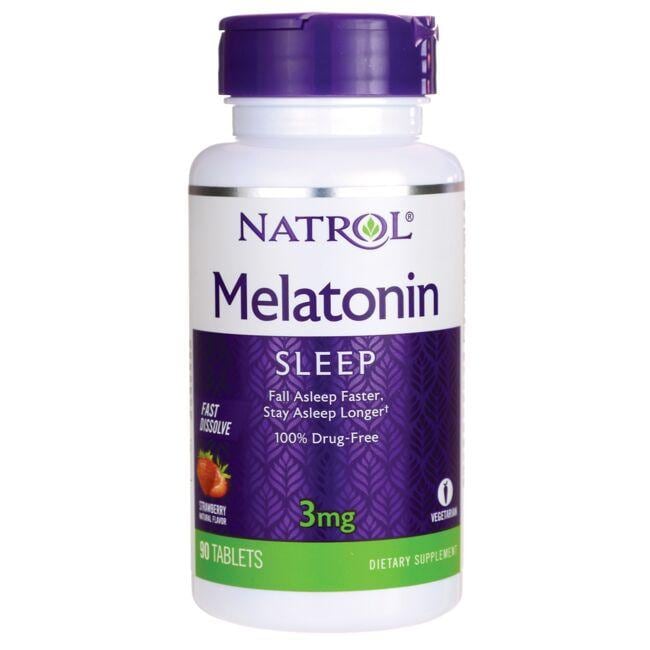To craft a better body, you - as a determined gym-goer or even an athlete - may do whatever it takes. However, since overtraining bodybuilding can result in several pitfalls that set yourself back, make sure you know all the symptoms and how to prevent from overtraining syndrome.
What Is Overtraining Syndrome?
Most of us have gone through overtraining bodybuilding in some forms. However, overtraining doesn't mean you train too much. It doesn't occur when you do 30 sets of biceps, and having muscle pain and fever after workout doesn't necessarily mean you're overtraining, either.
According to the scientific aspect, overtraining is a physiological state caused by an excessive accumulation of physiological, psychological, emotional, environmental and chemical stress, which leads to a constant decline in mental and physical performance and requires a relatively long recovery period.
Now, let's take a deeper look at these 4 important factors:
- Physiological state: As I said, overtraining doesn't happen after a series of actions. It's similar to the feeling of exhaustion, illness or discomfort.
- An excessive accumulation of physiological, psychological, emotional, environmental and chemical stress: Caused by the release of stress hormones (glucocorticoids such as cortisol, for example), all these types of stress affect dramatically on the body system and contribute serious states of overtraining. Although training too hard can facilitate overtraining, it's clearly not the only suspect. Work problems, relationship stress, food and air issues can cause overtraining.
- A constant decline in mental and physical performance: Some individuals may go through bad performances and consider it as overtraining syndrome. But it could be due to temporary or cumulative exhaustion caused by inadequate rest or diet.
- A relatively long recovery period: In order to prevent your body from overload, don't push yourself to the limit, just take a rest so your body can recover fully.
Your risk of overtraining is low. However, if you suffer overtraining, you may have some overtraining symptoms.

Overtraining Symptoms
1. Weight Loss
Overtraining can result in weight loss, but most people don't realize that. Due to their protective mechanisms, a plateau, unrelated to increased muscle mass, can be caused in the process. Also, overtraining syndrome leads to hormonal imbalances that strongly influence your appetite.
2. Disturbed Sleep
Unless your stress hormones are balanced, you will be unlikely to let go of tension and stress-free during bedtime. Consequently, your body won't have enough time to rest and recover muscles. Because of unsatisfactory sleep, chronic fatigue and mood changes usually arise, which leads to overtraining bodybuilding.
3. Inflammation And Decline In Performance
While a little bit of exercise inflammation is a “good sign" for the best muscle growth, excess inflammation will slow down the training process. Doing workout while inflamed increases the body's stress response. Furthermore, during muscle recovery, your body needs to consume a lot of resources to repair the inflamed areas so there won't be much left for muscle growth.
Along with inflammation, overtraining can worsen your fitness performance, rather than improve. You will find nothing but weakness, less strength, agility, and endurance. It can delay one's running speed, too. Hence, your training goals may become out of reach.
4. Exercise Shock
One of overtraining symptoms is exercise shock. You’re doing it wrong if the only thing you can feel after a workout is muscle pain, fever, and excessive stress. This experience is called “exercise shock", according to Paul Carter. Being tired and sore, you can barely stay motivated to exercise. Additionally, you are likely to have poor concentration, low energy, lethargy, lack of motivation and sometimes headaches. No wonder you'll lack joy and feel discouraged to reach your fitness goal. This state is caused by mental or physical exhaustion, which makes you unsettled all day.
Overtraining can overproduce cortisol. Cortisol is not an enemy by nature. As a matter of fact, it plays a vital role in the training process. It helps mobilize energy by breaking down glycogen and storing fat for muscle energy during workout. However, the problem here is that cortisol, testosterone and estrogen are produced from the same hormone, pregnenolone. The more cortisol you produce, the less pregnenolone available to generate testosterone - a hormone essential to masculine development. If you constantly overproduce cortisol, you will lower your testosterone level but prevent testosterone from doing its job.
How To Prevent Overtraining
1. Keep Track Of Your Training Routines
A personal record of fitness experiences is one of the best tools to help you achieve your goals. As a wake-up call, a training diary can make your performance trends and patterns become clearer with visual proofs. Then, you will know exactly how to commit to an appropriate program and finally be grateful at how far you have come. With a workout record, overtraining is never on your list.
2. Stay Hydrated
To prevent overtraining, get your system functioning optimally again by drinking a lot of water. The Institute of Medicine claimed that women should take 11-12 glasses of water (91 fluid ounces) while the recommendation for men was 15-16 cups (125 fluid ounces) per day. Therefore, pay attention to your water intake in order to stay hydrated.
3. Rest More
Unless having proper rest, people can put themselves at risk of overtraining. Time spending out of the gym is even more necessary than time hitting the gym. It's best to schedule regular rest days, two days off completely to be specific, so your muscle groups can recover after long or demanding workouts. Thus, you’ll be free from muscle pain and maybe fever after workout gradually. In these rest days, indulge yourself with yoga, jogging, walking, or swimming as a way to develop your whole body and balance your stress level.
4. Get Enough Sleep
It's obvious that a lot of people are still limiting their progress because of not getting enough sleep. The effects of sleep shouldn't be ignored since it's one of the most important factors in neurological, hormonal, and immune recovery. If you have trouble sleeping, try to use Natrol Melatonin to avoid overtraining. Containing a special ingredient called Melatonin, a hormone produced by the brain, you can maintain the body's biological clock with quality sleep.

5. Add Supplement If Necessary
Overtraining is less likely to happen when you have nutritional supplements included in your diet. With the right amount of nutritional supplement, not to mention with consistent and adequate use, you will boost your overall strength instantly and safely. In case you want to get all the essential nutrients, especially to get away from overtraining symptoms, have a look at these nutritional supplements available at Ultimate Sup.
Now you know, overtraining syndrome only makes everything worse. Hence, exercise smarter, not harder in order not to put yourself in poor condition like having muscle pain or fever after workout. Moreover, don't forget to listen to your body or advice from Ultimate Sup and you'll realize the most effective method to prevent overtraining.
Related Articles:










